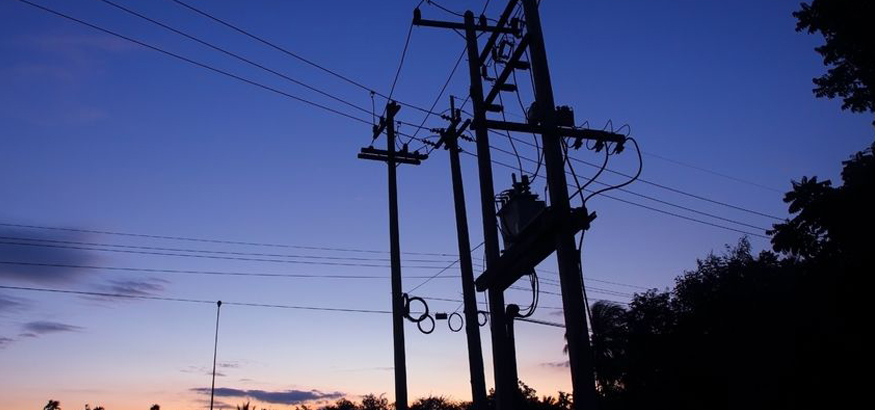What to Do During Power Outage
Electricity has become a significant part of our everyday lives. Almost all conveniences we have nowadays are powered by electricity, and being without it can cause a major downfall. A power outage is a short or long-term loss of electricity due to failure, or planned shutdown. A planned shutdown is a way for electricity providers to prevent a total blackout of the power system. An outage due to accidental power failures is much worse and most of the time aggravating.
One of the major causes of an outage is weather-related. In the end of September 2016, South Australia’s mid-north region was plunged into darkness when twin tornadoes knocked out three transmission towers, according to ABC News. Destructive winds caused thousands of properties to remain without electricity.
Since there is no way to predict these kinds of phenomenon, we can only prepare for the worst. Here are some things to remember before, during, and after a power outage.
Before an outage
- Ensure your insurance provides suitable cover.
- Restock your emergency kit with flashlight, batteries, first aid supplies, and cash. Have a safety whistle ready just in case.
- Restock your pantry with food, beverages, and lots of water. In these cases, it is best to stock up on ready-to-eat items such as canned goods and other no-cook food.
- Charge your phones, power banks and other battery-powered devices.
- Make sure that your car’s fuel tank is full.
- You may consider purchasing a generator as back-up power. Make sure that you consult with your local electrician before purchasing and installing. If you already have one, check if it has fresh supply of fuel.
- Visit your local website to locate shelters and learn about established emergency plans.
During an outage
- Check if your neighbours still have electricity. If they do, there may be an electrical problem in your home, and you must call your electrician. If the entire area doesn’t have electricity, call your electric supplier to have a repair person dispatched as soon as possible.
- Use flashlights instead of candles. Candles can cause fire.
- Turn off appliances and other equipment in case of a power surge, to prevent computers and other devices from damages.
- Keep refrigerator doors closed. For extended power outages, keep food in a container filled with ice to avoid spoilage.
- If you are using a generator for your home, never run it inside your home or garage. Keep it at least 10 feet from your house to minimise risk of carbon monoxide poisoning. Make sure that you have back up supply of fuel.
- In summer, consider going to the mall or the theatre to keep cool.
In the winter, put on layers of warm clothing.
After an outage
- Check your freezer and refrigerator for any spoiled food. Don’t hesitate to throw out any food with unusual odor. Check for molds or any malodor and clean your fridge if necessary.
- If the outage was caused by a storm or any similar phenomenon, and it’s safe to go out, check your house’s exterior for any damages.
- Replenish your emergency kit as well as your food items in the pantry
- If appropriate make a claim with your insurance company – and remember to take photos of damage, especially where you have to perform emergency repairs immediately, such as with glass.
Remember to always keep calm during an outage. When you’re stressed, your senses are keyed up which doesn’t help in an emergency. To sum it all up, electricity is an important part of our lives. Outages are, at times, inevitable. If you need any advice in this manner, please call me; I’d be happy to consult in your specific situation.


Recent Comments